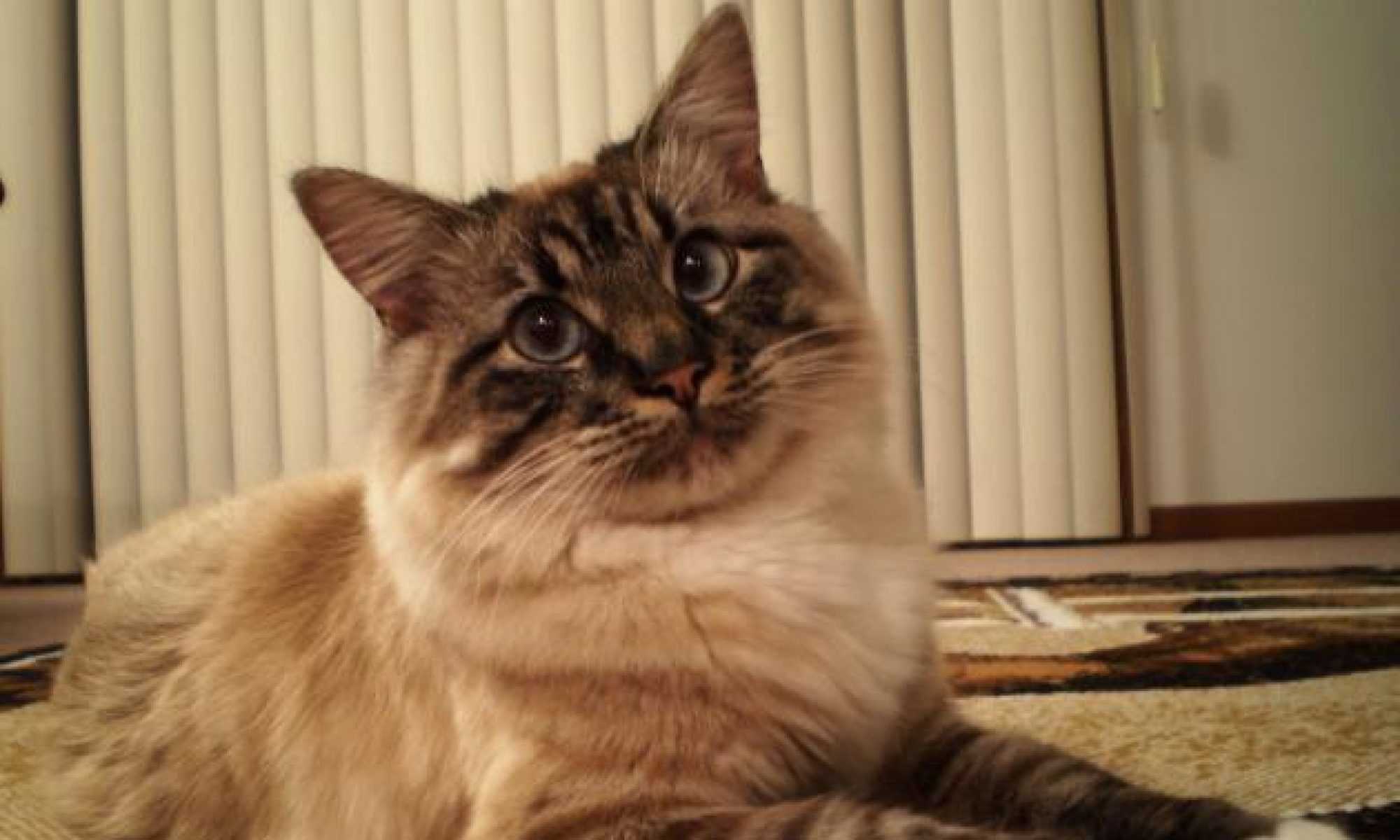Exercise is important for your rabbit. It promotes good overall health and prevents obesity. Providing your rabbit with exercise will ensure proper respiratory and cardiovascular function, as well as promote muscle development. In addition, exercise aids in preventing boredom and unwanted behaviors. Some experts recommend two hours a day of exercise time outside of the cage environment. If your rabbit lives in a large cage, less exercise may be adequate.
Indoor versus outdoor exercise:
When exercising your rabbit indoors, ensure …

 Regardless of whether rabbits are allowed to mutually groom each other or themselves, their stomachs will usually contain hair. Normally, ingested hair is passed when a rabbit defecates. However, certain rabbits have difficulty passing hair through the digestive system. In the event that a rabbit is unable to pass ingested hair, a …
Regardless of whether rabbits are allowed to mutually groom each other or themselves, their stomachs will usually contain hair. Normally, ingested hair is passed when a rabbit defecates. However, certain rabbits have difficulty passing hair through the digestive system. In the event that a rabbit is unable to pass ingested hair, a …


